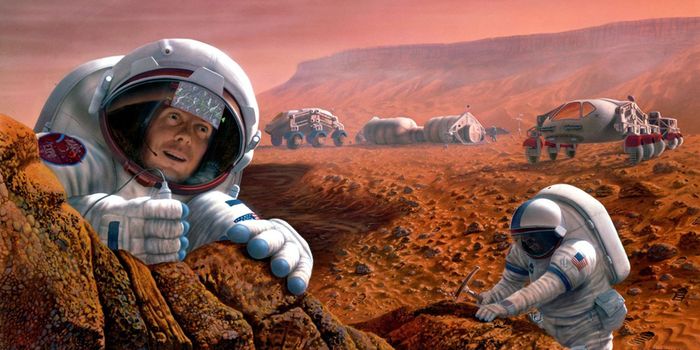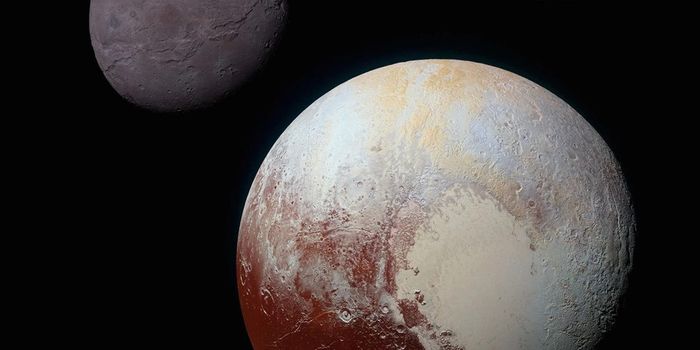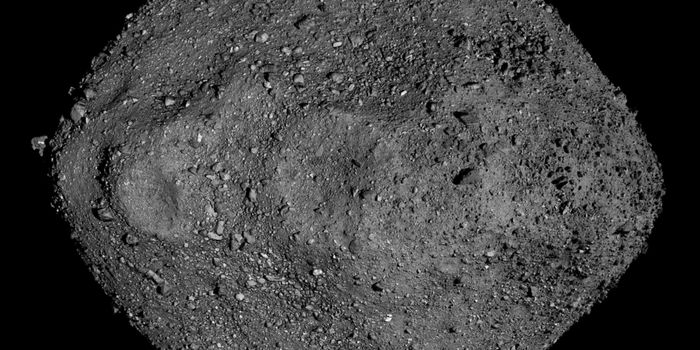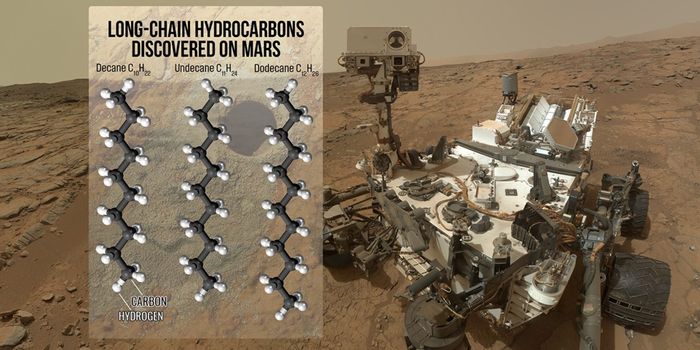The astronaut Scott Kelly is about to take off for the International Space Station, and if he is like some space travelers, he may temporarily feel a bit foggy or disoriented once in orbit.
Scientists have not had much luck measuring this subtle effect with standard cognitive tests, but now, a group of University of Pennsylvania researchers is trying a new tack.
While Kelly is in space, they will compare his mental performance with that of a uniquely qualified individual who stays behind on Earth. An individual whose brain is about as similar to Kelly's as you can imagine: his identical twin, Mark.
The Penn study of the twins, who grew up in West Orange, N.J., is one of 10 that NASA has approved for the one-year mission, which could launch as early as Friday.
Scientists from other institutions are tackling such topics as space-induced changes in Kelly's immune system, intestinal bacteria, and genetic expression. All of it will be compared with test results from his brother, a retired astronaut.
The goal is to get a better idea of what happens to the human body on a prolonged mission, in preparation for an eventual journey to Mars.
(Source: Philly.com)









